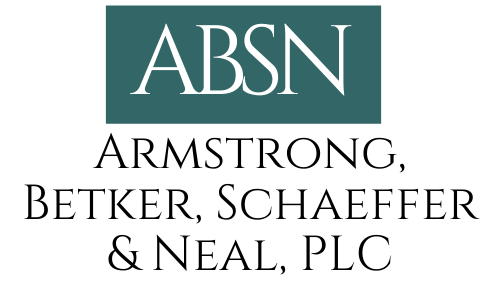The Bankruptcy Process
What to Expect When Filing Bankruptcy?
What to Expect When Filing Bankruptcy?
- Our initial meeting will involve a discussion of your situation to see what the best step forward is. We will look at your total financial picture, your income and your debt. It is essential you be honest and upfront about everything so we know how to properly proceed
- Once we have all the information we will analyze your income and expenses to determine if you qualify for Chapter 7 Bankruptcy or a Chapter 13 Bankruptcy. You cannot always choose one over the other. The court will apply what is known as a means test which looks at your average income over the 6 months prior to filing and compare it to the median income in your state, whether it be Michigan or Indiana. If your income is below the median income in your state you will qualify for Chapter 7 Bankruptcy. If it is above the median income there are further steps in the means test that we will go over to determine your options
- Next is the always fun process of gathering paperwork. When you file bankruptcy it is required that we itemize your current income sources for the last 6 full months, as well as all major financial transactions over the last 2 years (like buying or selling a car or house), your monthly living expenses, all the debts owed and any assets you have. Tax returns for the last 2 years, car titles, deeds to real estate and loan documents must be brought in as well. We’ll help you keep track of what we need and make copies for your file
- Once we have the details in order we will file a petition to the Bankruptcy Court in your district
- After the petition is filed an “automatic stay” goes into effect. This provision is what stops the harassing phone calls, the letters and legal processes (including garnishments) as creditors are not allowed to make direct contact with you or stake any claim to your assets during this time. If a foreclosure is in the process, this provision will stop any further proceedings, at least temporarily.
- A trustee will be appointed to your case. The trustee will take an in-depth look at your paperwork to assess the situation in order to determine what can be paid based on income and assets and what will be exempt.
- About a month or two after filing for bankruptcy you’ll need to attend a meeting that is called a Section 341 meeting with your bankruptcy trustee. Your creditors are welcome to attend as well, but rarely do. You will be asked questions about the information provided in your bankruptcy paperwork. The meeting doesn’t last long, but it is mandatory that you attend.
- The next steps depend on if you file for Chapter 7 or Chapter 13. Bankruptcy assistance with a Chapter 7 Bankruptcy filing your debts could be discharged within 3 to 6 months. Under a Chapter 13 plan, we will attend a hearing before a bankruptcy judge who will look over your repayment plan. If he confirms the plan the dischargeable debts will be eliminated as long as you make good on the plan.
We are a Debt Relief Agency. We help people file for bankruptcy relief under the Bankruptcy Code.”
Disclaimer: This website provides general information on bankruptcy as a public service. The information is intended - but not promised or guaranteed - to be current and correct. The content of the website should be construed only as advertising, and no attorney / client relationship is created by viewing the contents of this website, by filling out and submitting any contact forms or by requesting a free case evaluation.
269-983-5777
Saint Joseph Location
Betker Bankruptcy Law
Fax: 269-983-5839
511 Renaissance Drive
Saint Joseph, Michigan 49085
Tel:
269-983-5777
Saint Joseph, Michigan 49085
Fax: 269-983-5839
Niles Location
Call Us Today
Betker Bankruptcy Law
Fax: 269-983-5839
19 South 3rd Street
Niles, Michigan 49120
Tel:
269-684-6640
Niles, Michigan 49120
Fax: 269-983-5839
Privacy Policy
| Do Not Share My Information
| Conditions of Use
| Notice and Take Down Policy
| Website Accessibility Policy
© 2024
The content on this website is owned by us and our licensors. Do not copy any content (including images) without our consent.


